Environment, Social and Governance
Ketsa Coleman works on ESG and related matters across a number of fields.
Conservation Finance
The goal of conservation finance is to bring together a landholder or manager in a position to provide environmental / eco-system benefits, with a funder willing or needing to pay for those benefits. Often skilled intermediaries such as project managers, conservation groups, indigenous businesses and contractors are involved.
Examples of what landholders can get funding for include conserving habitat, restoring degraded land, returning water to the environment, and covenanting against development. These activities can generate valuable environmental benefits in the form of legislated biodiversity offsets or carbon abatement units, satisfying planning approval conditions, voluntary carbon market mechanisms and private pledges.
Traditionally, funding for environmental goods has come from government, environmentally conscious individuals and communities, and philanthropists. But new commercial drivers and funding sources are emerging. Companies purchase conservation outcomes due to regulatory obligations, voluntary commitments to customers or partners, planning offset requirements or counterparty contractual requirements.


Renewable Energy Technology and Projects
Distributed energy generation is generating new business opportunities across the energy sector. We work on projects and contracts through the delivery chain – finance, construction (eg solar farms), procurement, generation, co-location (eg university / shopping centre roofs) transmission, networks, and offtake / power purchase agreements.
We also work with contractors to the energy businesses – technology providers; community-driven and co-operative projects; group buying; builders, landlords, property managers, tenants and body corporates, and their advisers and investors.
De-carbonisation
Ketsa Coleman has worked on a range of projects our clients describe as decarbonising or electrifying the economy, or sustainability.
Ten to 15 years ago, there was a legal area called “e-commerce”. Online contracting is now so familiar, it’s a given that any commercial lawyer can work in this space.
We think “de-carbonising” will become normalised in the same way. For now, it makes sense that people think of it as a bit different.
Solar and wind farms are familiar (see above). But we still find that novel legal constructs are required to work with (for example) electric vehicle design and conversion, a sustainable renovation marketplace, organic farm sustainability pledges, and nature-based tourism.
Your content goes here. Edit or remove this text inline or in the module Content settings. You can also style every aspect of this content in the module Design settings and even apply custom CSS to this text in the module Advanced settings.

